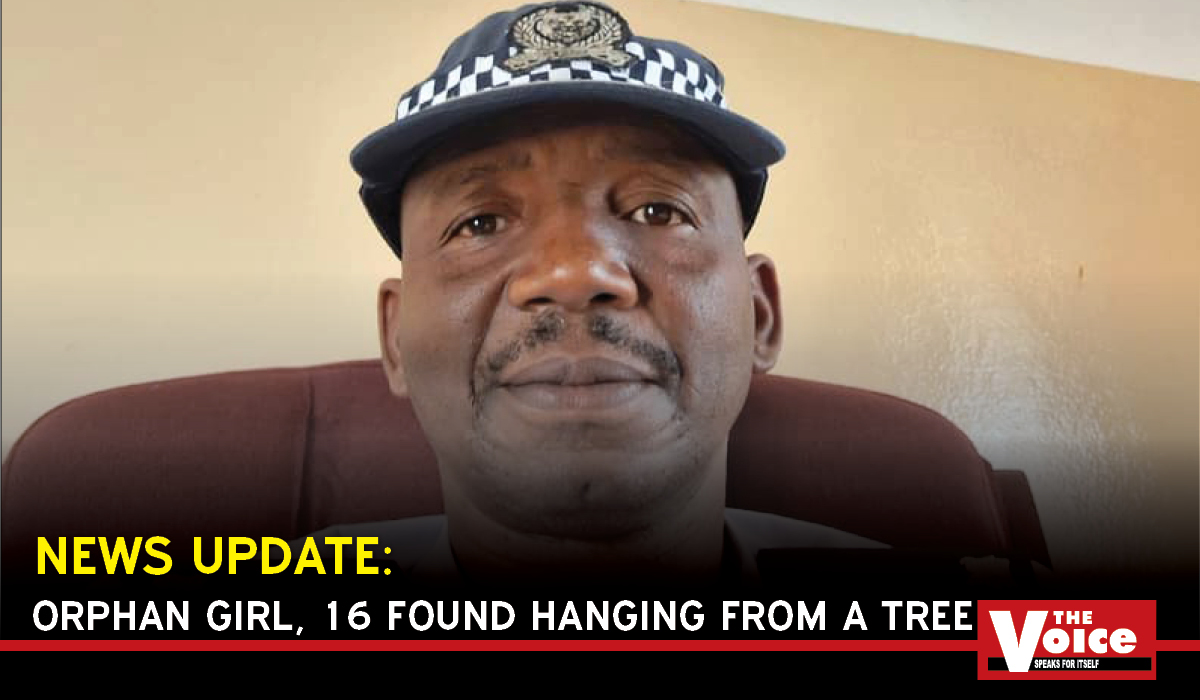Tutume Police are investigating a suspected suicide in Senete village, after a 16-year-old orphan girl was found hanging from a tree in the bushes near her home.
A passer-by made the traumatic discovery on Thursday morning at around 1100hrs, immediately alerting her family and the police.
It is said the teenager, who lived with her aunty and grandmother in Nchename ward, used a scarf to take her own life.
Although he acknowledged the tragic development, Tutume Station Commander, Theetso Kula told The Voice they were still to confirm whether it was indeed suicide as suspected or if something more sinister occurred.
“We swiftly attended the scene and she was ferried to the clinic where she was certified dead upon arrival. She did not leave any suicide note and our investigations are ongoing,” said the top cop.
Superintendent Kula revealed this was the third suicide case reported in his jurisdiction, which stretches from Sebina to Maitengwe, in October alone; up until then, they had not recorded any.
“The other two happened in Sebina and Nswazwi,” disclosed the top cop, who urged anyone facing difficulties or struggling mentally to seek help from the police, relatives, church elders and social workers rather than resorting to take their own lives.
The deceased was said to be staying at home having failed her Form 3 last year. May her soul rest in peace.
















